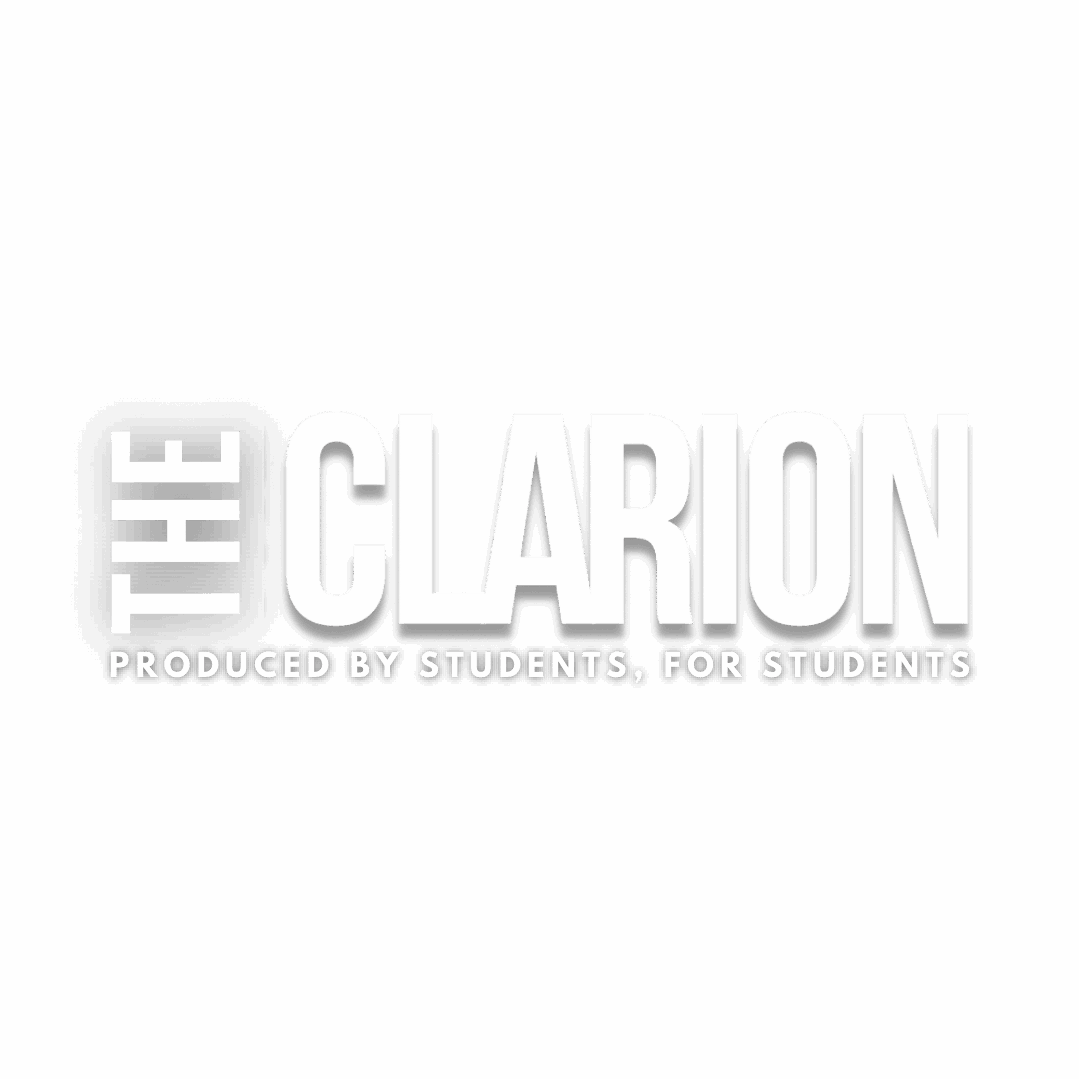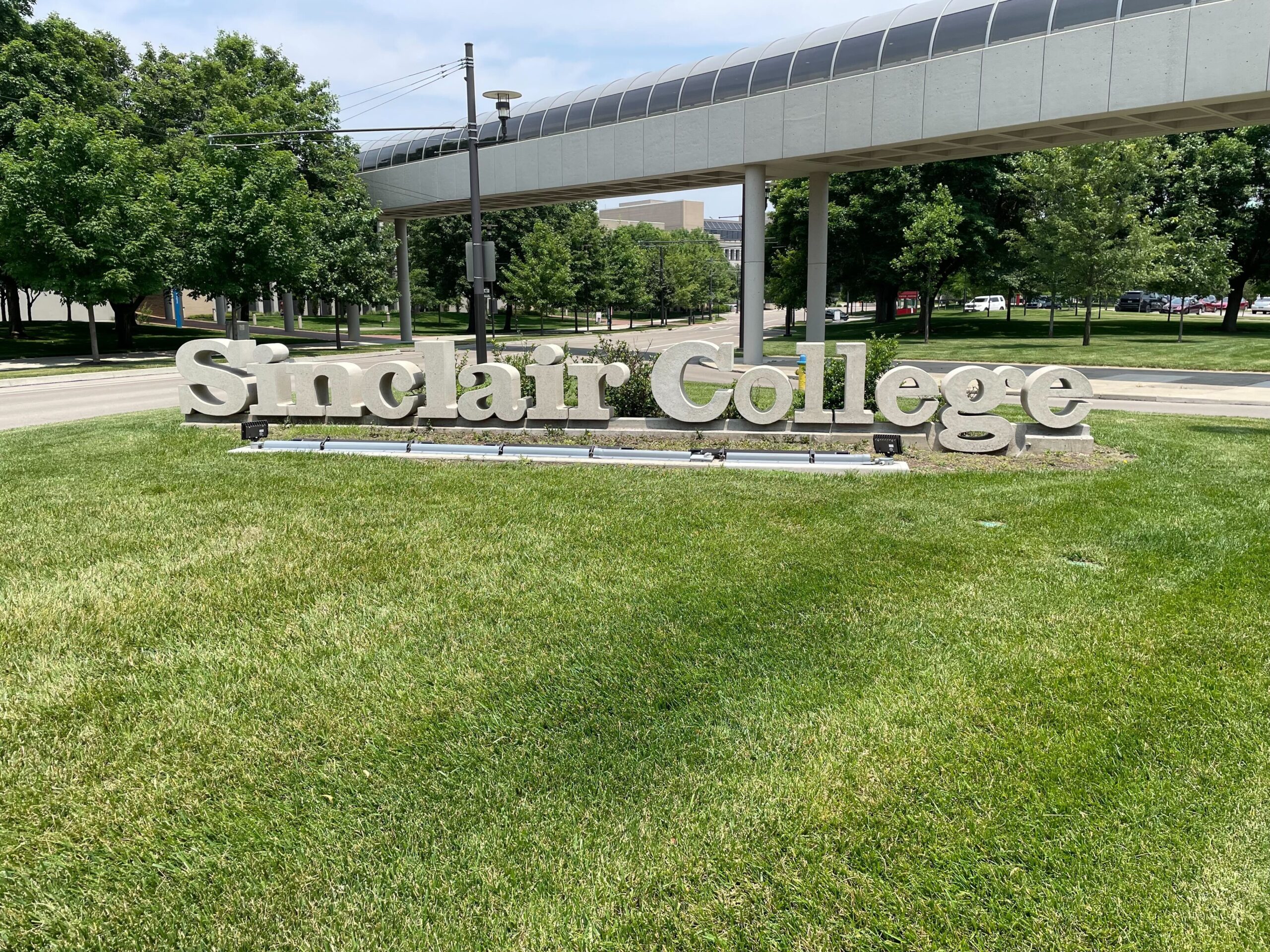On June 10, the Sinclair College Board of Trustees, President Steven Johnson and many other faculty members held a board meeting where they discussed and made collective decisions on various resolutions and requests that were all for the betterment of the college.
The meeting began by recognizing awards and notable accomplishments, including the retirement of Trustee Helen Jones-Kelley.
This meeting marked her last as part of the Sinclair Board of Trustees, where she had served for over a decade, including terms as Chair of the Personnel and Curriculum Committee and the Finance and Investment Committee. She will be recognized for the many outstanding accomplishments the college achieved under her guidance and leadership.
Sinclair now has 10 members on the Board of Trustees, and the schedule of meetings for the remainder of this school year is included on the meeting agenda for those interested in attending any of them.
According to Dr. Johnson, the Senate Bill One (SB1) is not well-defined in terms of what it is prohibiting regarding DEI, thus leaving everyone to assume what the bill entails. Johnson assured the board that Sinclair would remain compliant with all legislation and able to get necessary resources to people in need.
There have been numerous adjustments taking place at Sinclair; student scholarships are one of many things and organizations that need to be adjusted due to concerns that they may be “prohibited by recent federal and State Ohio ruling and law,” as stated in the agenda.
With the lack of a definition of DEI, Sinclair’s general counsel advises that race and gender-based scholarships may possibly be cut.

After conducting a comprehensive analysis of all donor-directed scholarships in February and March, the Sinclair Foundation found that out of 320 donor-directed scholarship funds, 26 of them have references to race and/or gender. Sinclair froze these funds since they have race or gender as criteria for awarding.
One of the additional announcement was the Sinclair’s prison program, this program allows prisoners to take college-level courses and earn their degree while serving their sentence in prison.
The program is thriving, with an 86% success rate among these graduates upon their release from prison. This information is based on a presentation by Cheryl Taylor, Chief Officer of Advanced Job Training & Returning Citizen Initiative at Sinclair.
When it comes to Sinclair’s budget, there are revenue sources that make up the budget. For the year 2025, Sinclair projected $166.3 million, derived from tuition and fees, levy, state subsidy and other sources. A notable takeaway was that Sinclair has no debt, as a community college, this was a significant highlight.
As many may know, Sinclair has the lowest cost for tuition compared to other colleges in Montgomery County. However, starting in spring of 2026, the cost of tuition will increase by $5 per credit hour. Even with this increase, Sinclair will still remain one of the most affordable colleges in the region.
Along with the increase cost of tuition, Sinclair employees will receive a 3% across the board increase on base salaries.
There was a lot that was said and resolved in this meeting, from celebrating Trustee Jones-Kelley’s contribution to Sinclair as she retires, to talking about issues involving the new bill, doing all these while having the best interests of students in mind.
Esperance Amuri, staff writer

